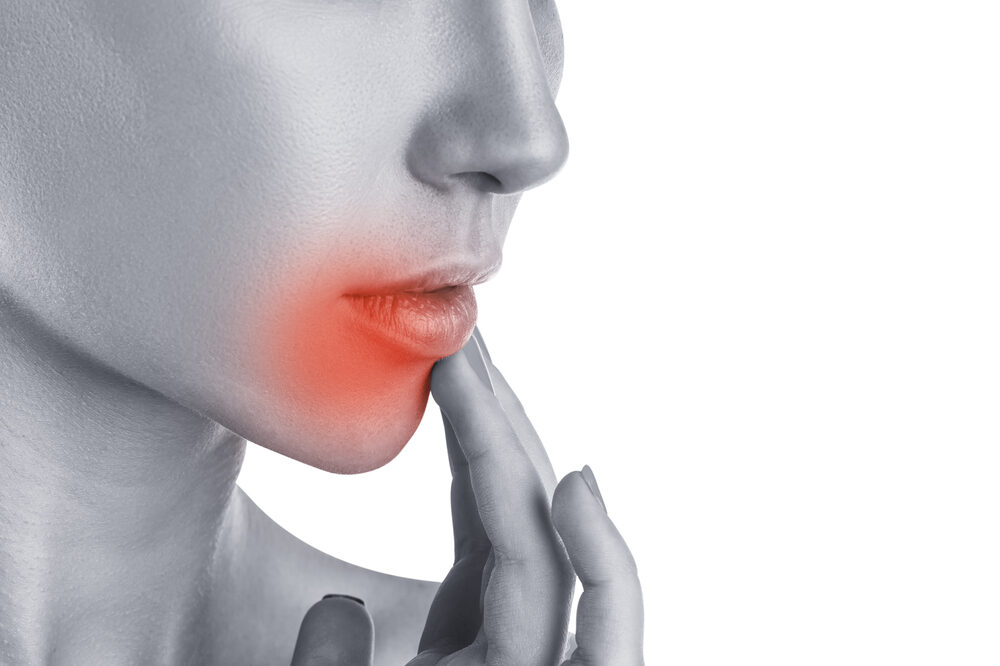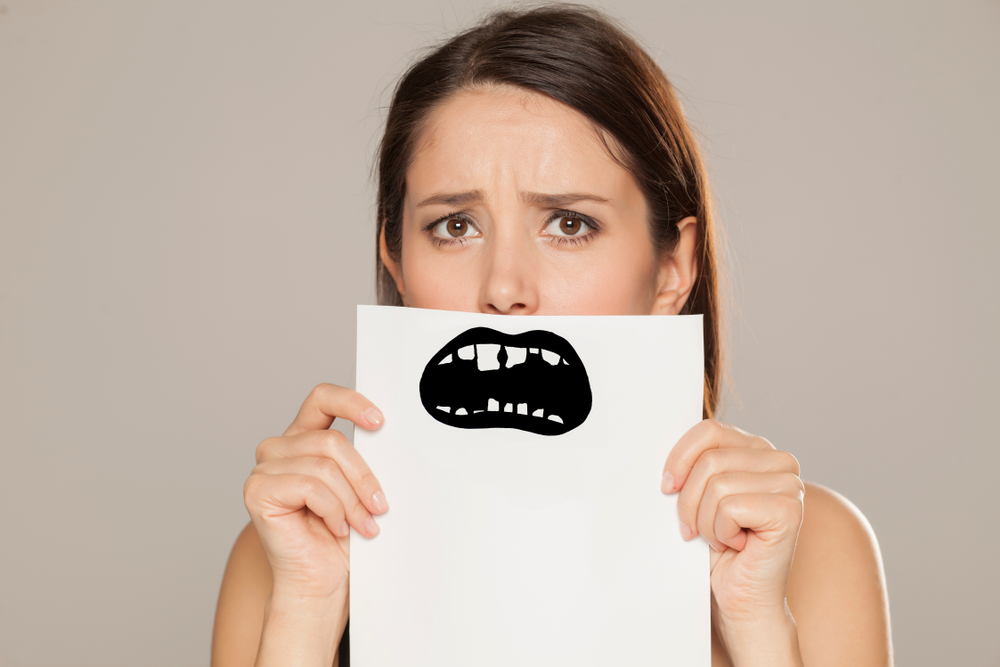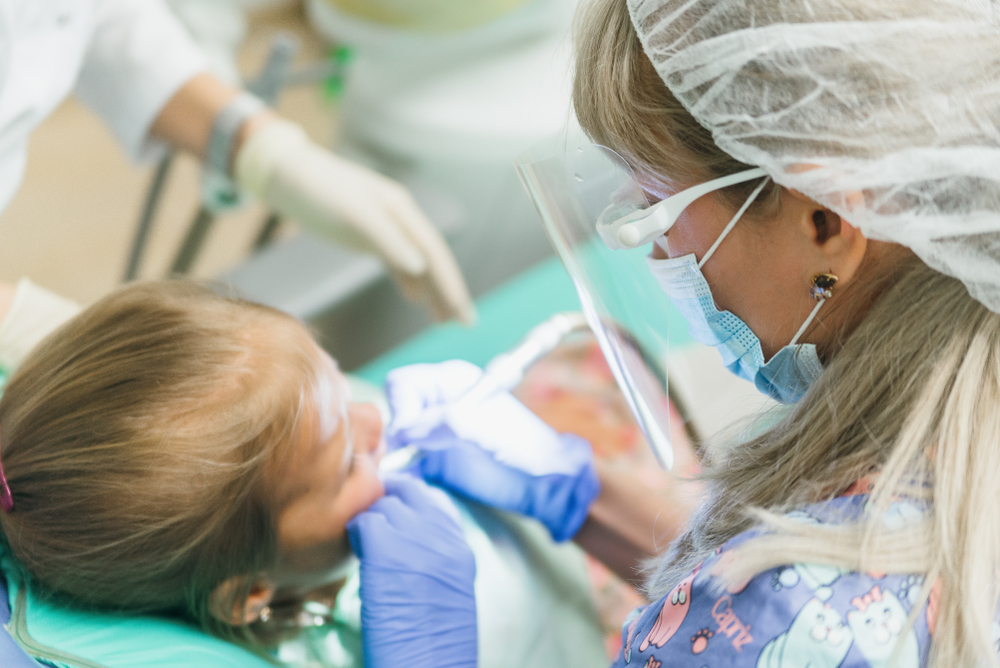Heard the term “dry mouth” but don’t know what it is? This is the place for you.
In this article, we’ll tell you exactly what dry mouth is, the symptoms and causes of it, whether it’s manageable or preventable, and how the team at Bald Hills Dental can help you.
Dry Mouth: A Definition
“Dry mouth” (also known as xerostomia) is when your body does not produce enough saliva. While it in itself is not a condition, it can be a side effect of other, more serious diseases or conditions, such as:
– Sjögren’s syndrome
– Hepatitis C
– rheumatoid arthritis
– HIV/AIDS
– bulimia or anorexia nervosa
This may sound scary, so it’s worth mentioning that this is only a potential side effect of these things and the presence of dry mouth does not automatically mean you are ill or have these conditions. The underlying cause may be something as simple as dehydration or medication.
In fact, dry mouth is quite common and often not a severe problem at all, with between 10 to 25 percent of the population experiencing it in their lifetime.
Symptoms of Dry Mouth
How do you know you have dry mouth? There are a few symptoms you should be on the lookout for. They include:
– thick or stringy saliva
– bad breath
– a dry or rough tongue
– mouth ulcers
– mouth infections
– burning sensation or bad taste in mouth
You may also experience symptoms in other parts of your body such as:
– joint pain or stiffness
– constipation
– sore throat
– reduced sense of smell
– poor sleep
– general “off” or unwell feeling
What Happens if Dry Mouth Goes Untreated
If your dry mouth is serious enough it can cause the following (in addition to other, more long-term dental issues):
– tooth decay
– bacteria
– thrush
– mouth ulcers
– yeast infections
– bleeding gums
Can You Prevent Dry Mouth?
While there is no prevention for dry mouth, there are a few things you can do to manage the symptoms:
– increase your water intake
– avoid alcohol, caffeine and sugary drinks or food
– change your medication (with doctor and/or dentist’s recommendation or approval)
– clean your teeth twice a day
– invest in a humidifier
– chew gum to encourage your saliva glands’ activity
– drink water with meals
– try an alcohol-free mouthwash or oral fibre supplement
Of course, the best and most effective treatments for dry mouth are received from your dentist. If your symptoms persist, we recommend making an appointment.
How Bald Hills Dental Can Help
At Bald Hills Dental, we specialise in a range of general dentistry and orthodontic services, including dry mouth and other dental health conditions. We’re committed to making our patients feel as comfortable as possible during their dental check ups and take extra care with children or those who find themselves anxious with the process.
Think you might have “dry mouth”? Get in touch with our experienced dental professionals today.




